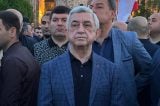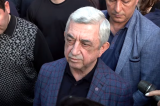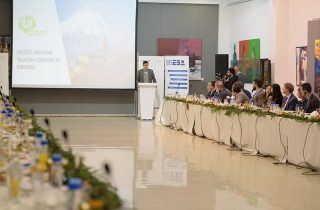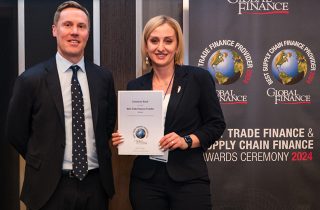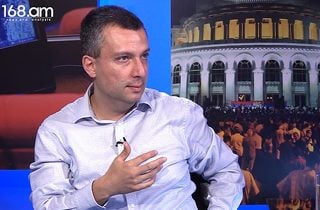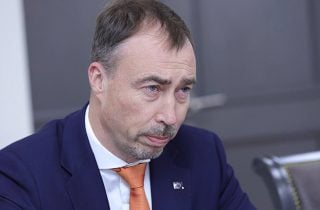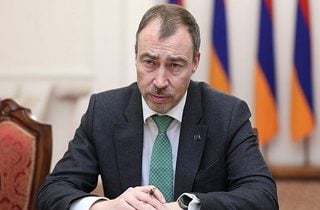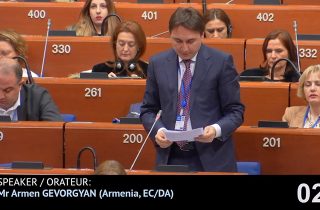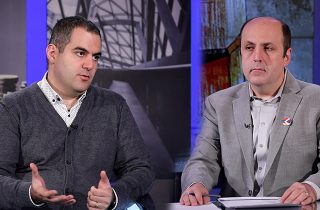From a Rapidly Changing World to a Rapidly Changing Marsh
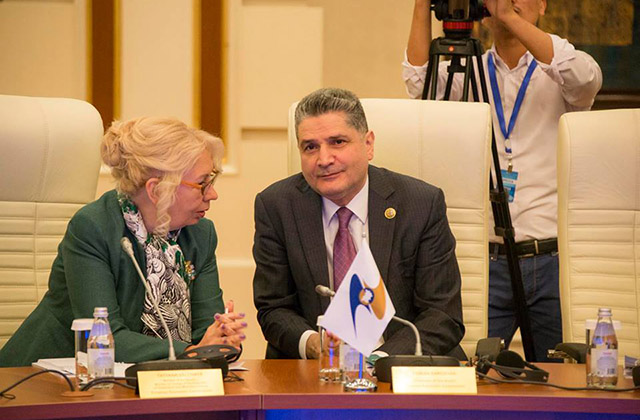
Promptly changing world…Do you remember who loves this expression? Certainly, RA former Prime Minister, currently Chairman of the Board of the Eurasian Economic Commission Tigran Sargsyan.
Indeed, the world is changing rapidly, however, one point is constant and never changes—Tigran Sargsyan longing for touching upon those changes. T.Sargsyan was speaking of it before being appointed a PM, during it, and now, as the Chairman.
Thus, delivering remarks at the Regional Conference of International Monetary Fund (IMF) in Astana, he touched upon contemporary macroeconomic challenges. In his speech Tigran Sargsyan stated that throughout recent 10-15 years a range of crucial events have been recorded in the world, which influenced on the condition of microeconomics. “Firstly, speed and unpredictability of changes has increased. Agenda of chairmen is being rapidly changed, new challenges and risks emerge, at the same time—new chances,” he said.
This means, in that period Tigran Sargsyan was touching upon speedy changes, and presently, of the speed of changes. Basically there is no such a great difference.
The main difference (change) is in accentuations. If formerly he was grounding by various arguments that Armenia’s membership to EEU is not only inexpedient, but we’d face issues, presently he sees settlement of our issues in in-depth integration into the same structure. Tigran Sargsyan stated that regional integration is a reply to contemporary macroeconomic challenges, “In particular, Eurasian Economic Union and Eurasian Economic Commission are busy with that.
Our activity is directed towards establishment of a dialogue in coordination of microeconomic policy of our countries to provide cooperation, predictability and development stability under reaching inflation targeted indicators, as well as jointly respond to contemporary challenges.”
He stated another curious idea: sometimes it seems, that it’s possible to add the potential of GDP growth alone, however, such growth will be instable and economy will more undergo the influence of external unfavorable factors. That is, if Armenia didn’t integrate into EEU, and didn’t become its member country, condition of economy would be worse. However, it’s not enough. We need to be more integrated, otherwise it may be even worse.
Now let’s move to Yerevan from Astana. A few days ago—on May 23, Atom Janjughazyan, Deputy Minister of Finance, was introducing main indicators of state budget performance for 2015 at the National Assembly. He stated although tasks have been completely implemented, macroeconomic indices were not such good ones.
Janjughazyan stated that Armenia’s economic growth in 2015 comprised 3%, bearong the influence of unfavorable economic developments of partners, fall in international prices for metals, reduction of money transfers from Russia and other factors. Aren’t EEU member countries the main partners? If yes, it turns out, that membership to EEU doesn’t strengthen and raise our immunity system, but weakens. It turns out we engaged with a structure, from where come unfavorable factors.
Another fresh example: Armen Alaverdyan, Deputy Head of State Revenue Committee, touching upon customs incomes from EEU told armtimes.com that we had more expectations from EEU customs incomes, in particular, in 2015. “From that total income Armenia’s 1.13% should have given more benefit, however, as a result of sanctions imposed against that country, the same EEU fund grew by anticipated volumes. And throughout the first four months of ongoing year as compared to the previous one we obtained even less.”
Asked regarding tax and customs incomes whether membership to EEU justified itself or not, Alaverdyan gave a diplomatic answer: we need to be patient and wait.
Thus, negative influence is obvious, and positive expectations yet aren’t coming, and we need to wait. Again wait… As the world changes rapidly. More rapidly, than before. And while we’re waiting for the prices for oil to grow, and Russia’s economy to rise, districts charged by solar energy are being constructed in the world.
What is noteworthy, meanwhile we’re hopefully and patiently waiting for improvement of Russia’s economic condition, Russians themselves don’t believe that. A few days ago TASS agency published some documents from the session of Economic Council under RF president, including report of RF Ministry of Economic Development, which read, “Our calculations show that even in case of high prices for oil—USD 50 per barrel, return to former growth temp—5-7% is impossible in practice.” According to experts of RF Ministry of Economic Development temp of potential growth of Russia’s economy varies within 2%, however, it may be added maximum up to 4% in case of serious reforms.
And what was pessimism of Russian analysts conditioned by? As TASS reported, the office clarified that the assessment is conditioned by global structural changes in world economy. Changes. Perhaps, it would be more proper to say—by rapid changes. And we are coming to the idea of Tigran Sargsyan: the world is changing. The difference is that those changes are not in favor of Russia (accordingly for our benefit as well), just the contrary. As we are not in the rapidly changing world, but at stagnancy (or in a marsh).
And day by day we get more plunged into it. Or integrating, if you wish.
By Babken Tunyan




